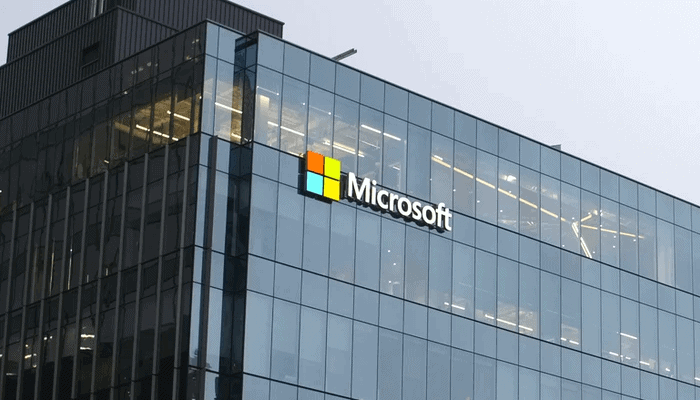Microsoft might go Ethereum (ETH) use for a new anti-piracy system. This is evident from a new report from the software giant’s research arm called “Argus: A Fully Transparent Incentive System for Anti-Piracy Campaigns.”
Microsoft wants the transparency that blockchain technology offers to prevent software theft. Built on Ethereum, Argus is a new system that rewards people who anonymously report piracy of Microsoft software like Windows, Office, Word and more.
Argus uses an algorithm with a unique watermark that corresponds to a secret code. The system, called “proof of leakage,” can be used to trace back the source of the spread and identify pirated copies of software.
Software that is recognized as illegal in this way is then labeled as “accused”. Users then have the option to submit another type of appeal, but if it fails, the label changes to “guilty”. There are also extra measures to prevent abuse so that someone under a different alias cannot make the same report over and over and earn the same reward every time.
“Industrial alliances and companies are campaigning against piracy, but their effectiveness has been publicly questioned due to the lack of transparency. We believe that full transparency of a campaign is necessary to really empower people. We see this as a distributed system problem.”
Argus should solve this problem, according to the report. The study was conducted in collaboration with researchers from Alibaba and Carnegie Mellon University. The new system is expected to be presented next month at the International Symposium on Reliable Distributed Systems (SRDS 2021) conference.
–


